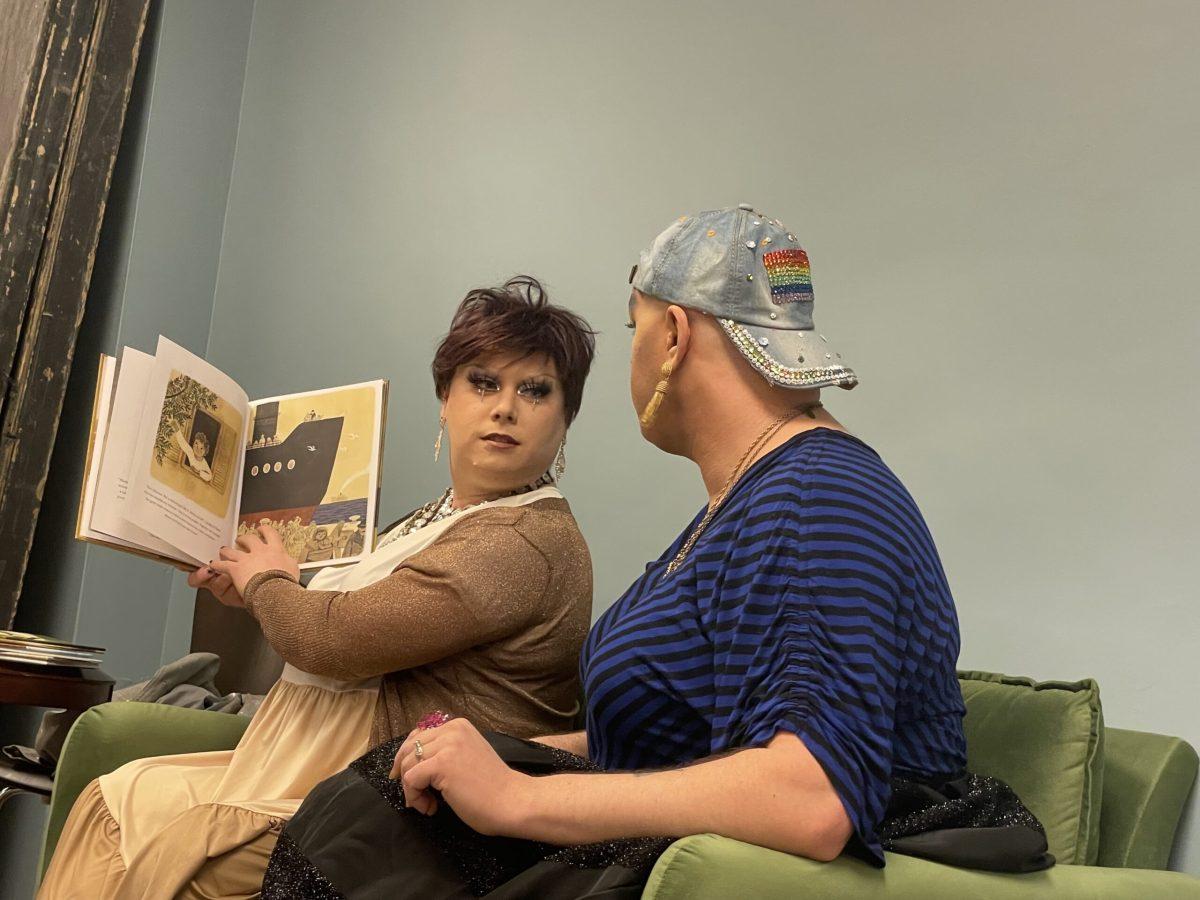A group of part-time faculty members at Ithaca College announced at the end of January that they have begun the process to form a union in order to strengthen their voice and seek improvements within the campus community.
Valerie Githinji, a part-time faculty member and adjunct lecturer in the college’s anthropology department, said the union is seeking change that would provide them with better teaching and living conditions.
“The essence of what adjuncts want is to have a more normal life and [be] able to afford basic necessities without worry.” Githinji said.
Dave Maley, senior associate director of media and community relations, told local media in a statement Jan. 28 that the college is aware of the intent among part-time faculty members to unionize.
“It is yet to be seen if a majority of the college’s part-time faculty will adopt this view. This is an important issue, and the college encourages those involved to get as much information as possible before making a final decision,” Maley said.
The school’s part-time faculty members began the endeavor to form a union in the spring of 2014, and have been working with the help of Adjunct Action, a project of the Service Employees International Union (SEIU), according to a press release by the school’s part-time faculty members.
According to the Ithaca College Common Data Set released by the Office of Institutional Research, there are currently 277 part-time instructional faculty members on the college’s campus, which accounts for approximately 36 percent of all instructional faculty at the school.
A part-time, per-course faculty member is expected to have an expected term of fewer than three years, and does not exceed 50 percent of a full-time professor’s workload, according to the Ithaca College faculty handbook.
Brody Burroughs, a part-time faculty member and lecturer in the art department, said that part-time members receive $1300 per-credit-hour. That figure has remained intact for the past five years, something that has really dispirited members of the school’s part-time faculty.
“I love my job,” Burroughs said. “After five years of that, it saps morale.”
Adjunct faculty members have a term of three years or more and are responsible for 58 percent or more of the full-time responsibilities. Part-time faculty members are not eligible for institutional benefits, and are paid per-credit-hour.
According to the American Association of University Professors, part-time faculty make up over 70 percent of all faculty nationally. A statement signed by 30 of Ithaca College’s part-time faculty members on Jan. 20 alluded to some of the concerns that have led some adjunct professors to take this stand.
“We lack equitable pay and benefits, access to professional development funding, and full inclusion within our campus communities,” the statement said.
In November, Tompkins Cortland Community College president Carl Haynes rejected a request of adjunct professors to unionize. As a public institution the community college operates under a different system than private institutions like Ithaca College. However, the college’s provost, John Conners, said the faculty at TC3 had similar concerns to those at Ithaca, but that there was a larger issue that influenced the administration’s decision last year.
“[There’s] not a lot of stability in their lives so you can really understand why there’s a very major concern that’s out there,” Conners said. “But it’s a structural issue that, to be frank, I don’t really see changing markedly given our funding history and our likely funding future as we go forward.”
In order to file for petition with the National Labor Relations Board (NLRB), the school’s part-time faculty members must collect signatures from at least 30 percent of all part-time faculty members at the college. However, Burroughs says that part-time faculty members will be aiming at a much higher number.
Assuming the minimum requirement of signatures has been collected, the NLRB would then confirm if the union is qualified, and that there are no existing labor contracts that would prevent an election.
Rachel Kaufman, a part-time faculty member and adjunct lecturer in the college’s writing department, said that the formation of a union would not solely benefit the part-time faculty members.
“[A union] would give adjunct faculty a voice on campus to better working conditions, and to better student learning conditions,” Kaufman said.
Kaufman went on to say that better compensation, access to benefits, funding for professional development and a proper voice on campus would allow teachers to have a better in-class experience for students, as well as themselves.
Michael Smith, full-time associate professor in the department of history, has been in close communication with the organizers of the unionization for several months. He noted that the majority of full-time faculty members he has spoken with are on board with this movement.
Smith also said a union would benefit the students just as much as the part-time faculty.
“A stronger commitment from the institution means that students have more access to connect to the part-time teachers,” Smith said.
If the NLRB approves, Ithaca College and its part-time faculty members would then negotiate terms of an election, which would occur through a private ballot in the mail.







